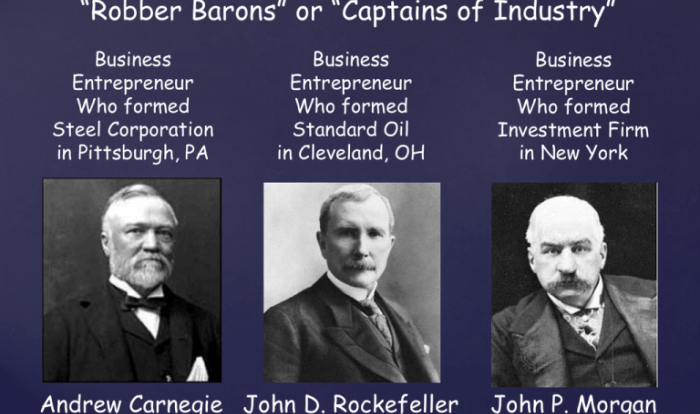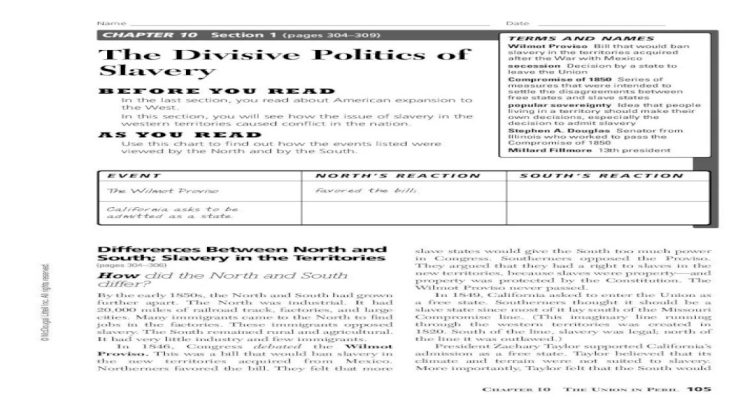The Charter of Pennsylvania, granted to William Penn in repayment for a loan, stands as a pivotal document in American history. This charter not only established the colony of Pennsylvania but also laid the foundation for the principles of religious freedom and self-governance that would shape the United States.
In 1681, William Penn, a prominent Quaker, approached the English Crown with a proposal to establish a colony in the New World. Penn, who had been imprisoned for his religious beliefs, sought to create a haven for Quakers and other persecuted religious groups.
The Crown, in need of funds, agreed to grant Penn a charter for the land in exchange for the repayment of a loan.
Charter of Pennsylvania

The Charter of Pennsylvania was a royal charter granted to William Penn by King Charles II of England in 1681. It established the Province of Pennsylvania as a proprietary colony under the governance of Penn and his heirs.
Terms and Conditions of the Charter
The charter granted Penn a vast tract of land in the New World, bounded by the Delaware River to the east, the Susquehanna River to the west, and the 40th parallel to the north. Penn was given full authority to establish laws and governments within the province, subject to the approval of the English Crown.
He was also granted the right to collect taxes, raise armies, and appoint officials.
Timeline of Key Events
- 1677: William Penn lends King Charles II £16,000.
- 1680: King Charles II grants William Penn the Charter of Pennsylvania in repayment of the loan.
- 1682: William Penn arrives in Pennsylvania and establishes the city of Philadelphia.
Repayment of Loan
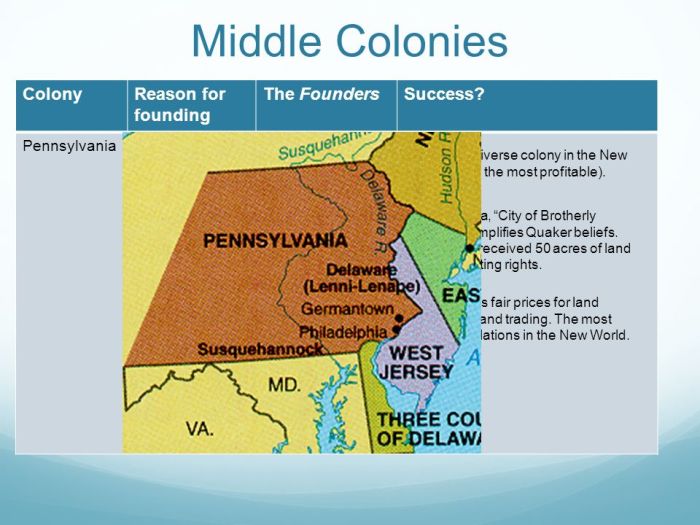
The Charter of Pennsylvania was granted to William Penn in repayment of a loan he had made to King Charles II. The loan, in the amount of £16,000, was used to fund the English Crown’s military campaigns against the Dutch.
Amount of the Loan and Terms of Repayment
The loan was to be repaid in installments over a period of four years. However, King Charles II defaulted on the loan, and the debt was never fully repaid.
Relationship to the Charter
The granting of the Charter of Pennsylvania was directly related to the repayment of the loan. King Charles II granted Penn the charter in lieu of repayment, giving him the opportunity to establish a colony in the New World and to recoup his financial losses.
Impact of the Charter
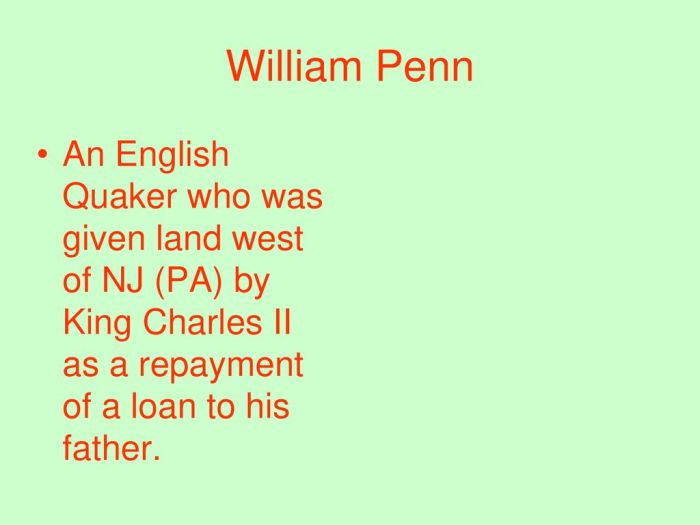
Impact on William Penn and His Family
The Charter of Pennsylvania had a profound impact on William Penn and his family. It granted him vast wealth and power, and it established a legacy that would last for generations.
Impact on Pennsylvania
The charter shaped the development of Pennsylvania as a colony. Penn’s vision of a “Holy Experiment” in religious tolerance and social harmony influenced the colony’s laws and institutions.
Legacy in American History
The Charter of Pennsylvania is considered a landmark document in American history. It established the principle of religious freedom and tolerance, and it laid the foundation for the development of democracy in the United States.
Historical Context
The granting of the Charter of Pennsylvania occurred during a period of significant political and economic change in England. The Stuart Restoration had recently restored the monarchy, and the English Crown was seeking to expand its control over the American colonies.
Political Factors
The granting of the Charter of Pennsylvania was influenced by a number of political factors. King Charles II was eager to reward William Penn for his loyalty and support during the English Civil War.
Economic Factors
The English Crown was also motivated by economic factors. The colony of Pennsylvania was seen as a potential source of revenue, and the Crown hoped to profit from the sale of land and the taxation of trade.
English Colonial Expansion
The Charter of Pennsylvania was part of a broader pattern of English colonial expansion in the New World. The English were seeking to establish new colonies in order to secure their economic and political interests.
Legal Implications
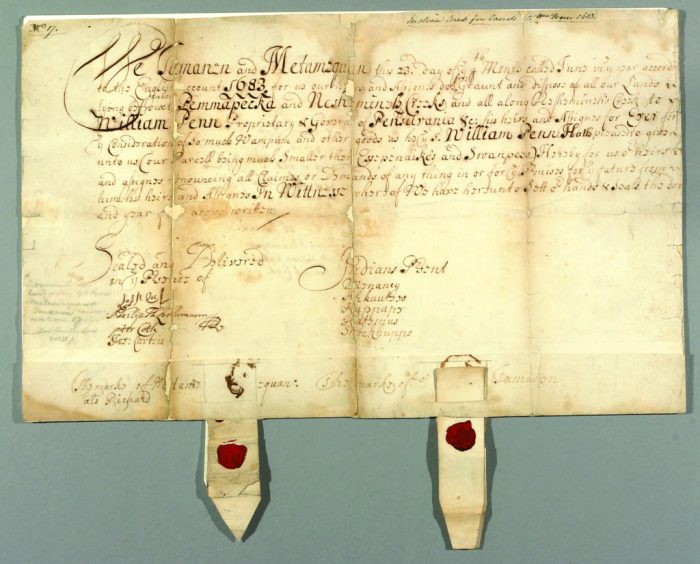
The Charter of Pennsylvania had a number of legal implications. It granted William Penn a proprietary charter, which gave him the right to govern the colony as a feudal lord.
Rights and Privileges of William Penn
Under the charter, Penn was granted the following rights and privileges:
- The right to establish laws and governments within the province
- The right to collect taxes
- The right to raise armies
- The right to appoint officials
Framework for Governance, Granted to william penn in repayment for a loan
The charter also established a framework for the governance of Pennsylvania. The colony was to be governed by a governor, a council, and an assembly. The governor was appointed by Penn, while the council and assembly were elected by the colonists.
Cultural Significance
The Charter of Pennsylvania had a significant cultural impact. It reflected the values and beliefs of the time, including the belief in religious freedom and the importance of education.
Values and Beliefs
The charter reflected the Quaker values of William Penn. Penn believed in the importance of religious tolerance and social harmony. He also believed in the importance of education, and he established schools and libraries throughout the colony.
Influence on American Culture
The Charter of Pennsylvania had a lasting influence on American culture. The principles of religious freedom and tolerance that were enshrined in the charter became fundamental values of the United States.
Popular Questions: Granted To William Penn In Repayment For A Loan
What were the terms of the Charter of Pennsylvania?
The charter granted William Penn ownership of the land, the right to establish a government, and the right to make laws. It also guaranteed religious freedom for all settlers.
How did the Charter of Pennsylvania impact the development of the United States?
The charter’s principles of religious freedom and self-governance became cornerstones of the American Revolution and the founding of the United States.
What is the legacy of the Charter of Pennsylvania?
The charter remains a symbol of religious freedom and self-governance in the United States. It is also a reminder of the important role that William Penn played in the founding of the nation.
